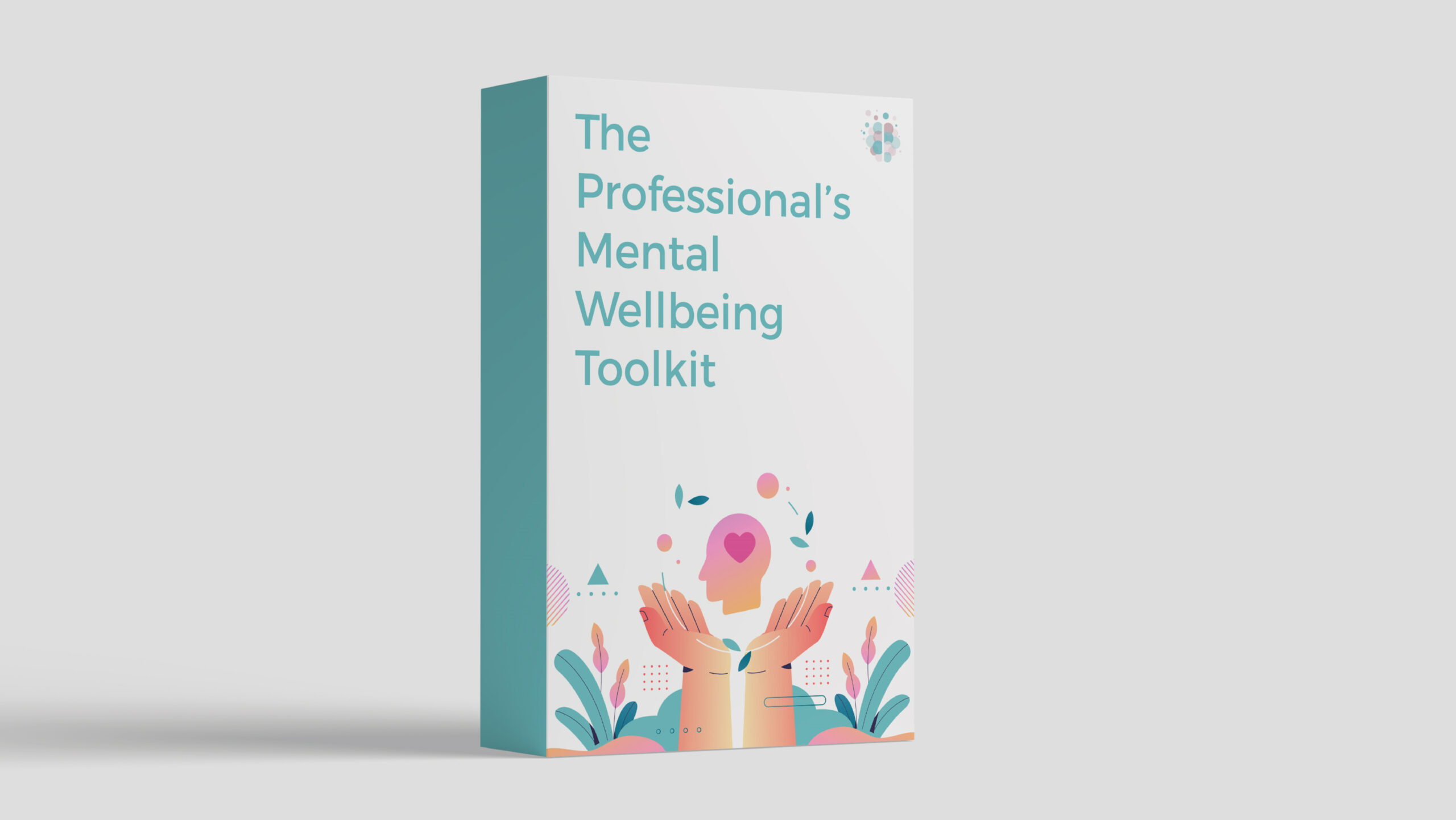The end of a coaching session is the time to summarize insights, solidify learnings, and chart a course for progress. Asking the right questions can make all the difference in maximizing the impact of the coaching session.
In this article, Alison Thorogood, Learning & Development Specialist and Coach, explains the art of powerful coaching questions. In this post, we'll be delving into her suggestions for coaching questions which can be used at the end of sessions to transform learning and insight into action.
1. What Have You Learned About Your Current Situation?
In the GROW coaching model, exploring the client’s current “Reality” is essential to making change happen.
It’s the part that’s usually missing from everyday conversation, as we so often jump straight into exploring our options.
This question helps the client develop a greater understanding of their current situation and what steps are most likely to be effective. Considering the situation from different perspectives often provides new insights, which naturally feeds into their options.
Insights may involve identifying patterns, trends, or dynamics that are influencing their experiences and outcomes. Through this reflection, they can gain a deeper understanding of the factors contributing to their current reality, whether they’re internal, external, or a combination of both.
2. What Reflections Do You Have Around What We’ve Explored Today?
Encouraging clients to reflect at the end of the session prompts them to consider the most important insights they'll carry forward. You could open the following session with a summary of their reflections and ask them something along the lines of, "At the end of our last session, you mentioned that [x]. What are your thoughts on that today?" This gives a sense of continuity to your sessions.
Remember that in coaching, it's common for clients to take away different insights, lessons, or emotions than what you might expect. Each person brings their unique background and experiences to the coaching relationship, which shapes how they interpret everything.
Be sure to create enough space for your client to express their own reflections, rather than projecting your assumptions. This fosters a client-centered environment and helps you develop a deeper understanding of the person.
3. What Have You Learned About Yourself During Today’s Session?
Self-awareness is an essential component of personal development.
This question goes beyond the immediate content of the coaching session and delves into the client's deeper understanding of themselves.
It encourages introspection, prompting your client to recognize their strengths and areas for growth.
Asking about self-discovery helps cultivate a habit of self-reflection beyond the coaching session, encouraging clients to become more introspective in their daily lives. This increased self-awareness enables them to make more authentic choices that align with their values and goals.
4. What Might You Do as a Result of That Learning?
This coaching question prompts the client to consider how they’ll translate their insights into tangible actions.
Whether it's adjusting their mindset, adopting new behaviours, or setting new goals, you're challenging them to consider how they can apply their insights in meaningful ways.
5. How Confident Do You Feel Taking That Next Step?
This question helps you understand the client’s current degree of self-efficacy, which is a crucial factor in determining progress.
Self-efficacy, as coined by psychologist Albert Bandura, refers to an individual's belief in their ability to execute specific actions and attain desired outcomes. It plays a significant role in shaping motivation, resilience, and perseverance in the face of challenges.
By asking about the client's confidence level, you delve into the heart of self-efficacy and its influence on the client's readiness to take action. It often results in important insights into potential barriers hindering progress.
If a client expresses low confidence, you could work with them to cultivate more of a growth mindset. You could also provide encouragement and skill-building exercises (e.g., visualization and mental rehearsal) to help enhance their self-efficacy.
6. What Might Help You to Take That Next Step?
This coaching question is especially important to focus on if the client has expressed low confidence. Ensure you spend sufficient time working with them to identify the range of support and resources that can help them achieve their goals.
It’s a good idea to ask, “What else?” when the client has stated their initial ideas. Often, they may have some strategies in mind, but by prompting them to consider more possibilities, you open up new avenues for exploration.
While you can occasionally offer suggestions based on your expertise, your primary focus should be on empowering clients to explore their own solutions. As a general guideline, aim to make suggestions no more than 10% of the time, with the majority of the session dedicated to listening, questioning, and guiding the client's exploration.
Summary
Elevate your coaching practice by incorporating these powerful coaching questions at the end of your sessions:
- What have you learned about your current situation?
- What reflections do you have around what we’ve explored today?
- What have you learned about yourself during today’s session?
- What might you do as a result of that learning?
- How confident do you feel taking that next step?
- What might help you to take that next step?
Interested in practical tools to empower your clients in between sessions? Be sure to check out The Professional’s Mental Wellbeing Toolkit – it’s "everything you need all in one place."


